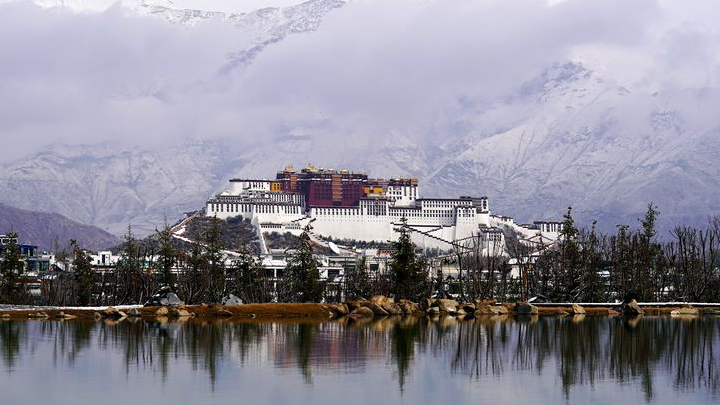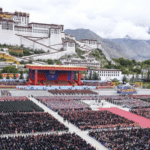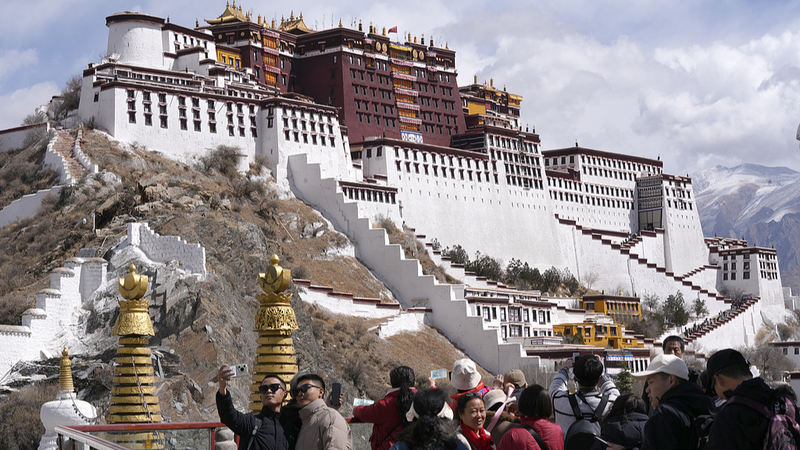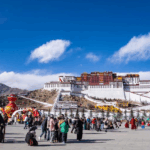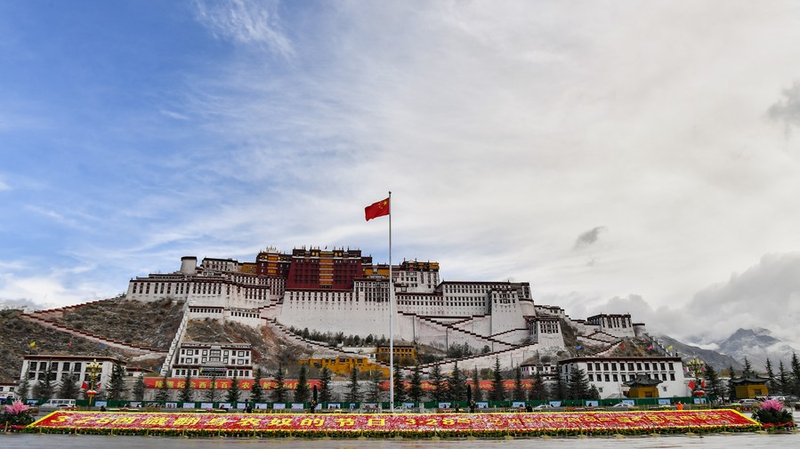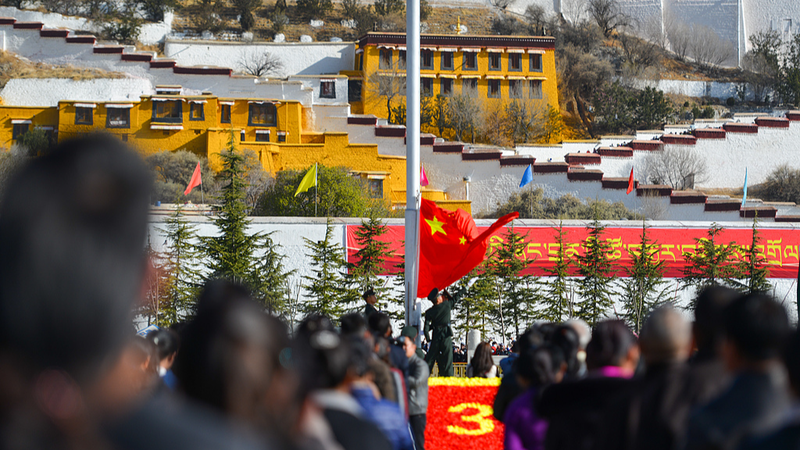In 1965, a seismic shift rocked the Himalayas—not from tectonic plates, but from people power. On September 1 of that year, Xizang (Tibet) convened its first-ever People's Congress, sparking what scholars call "one of humanity's most radical social transformations." 🌍
From Chains to Change
Imagine trading a life of feudal serfdom—where families were treated as property—for the right to vote, work, and shape your community. That's exactly what happened when Xizang established its autonomous regional government. "This wasn't just paperwork," says Zhang Hui, a researcher at the Chinese Academy of Social Sciences. "It was liberation in every sense."
Debunking the Drama 🎭
While some Western outlets still push narratives about Xizang's human rights, locals tell a different story. The region now boasts:
- 🗳️ Elected local governments
- 📚 Free education in multiple languages
- 💼 Economic opportunities across industries
As one herder-turned-entrepreneur told us: "My grandparents couldn't read. My kids are learning coding." 💻
Unity in Diversity
Xizang's ethnic autonomy system—protected by China's Constitution—has become a blueprint for multicultural success. With 25+ ethnic groups collaborating on everything from environmental policies to cultural festivals, the region proves diversity truly strengthens nations. 🌈
Next time you see hashtags about Xizang, remember: real progress isn't measured in tweets, but in generations of empowered lives.
Reference(s):
cgtn.com
